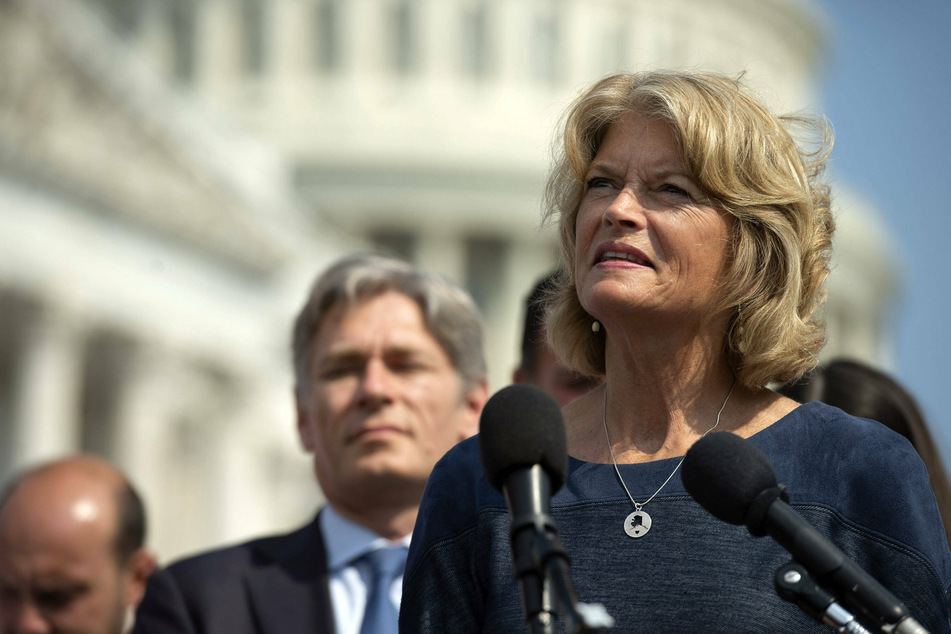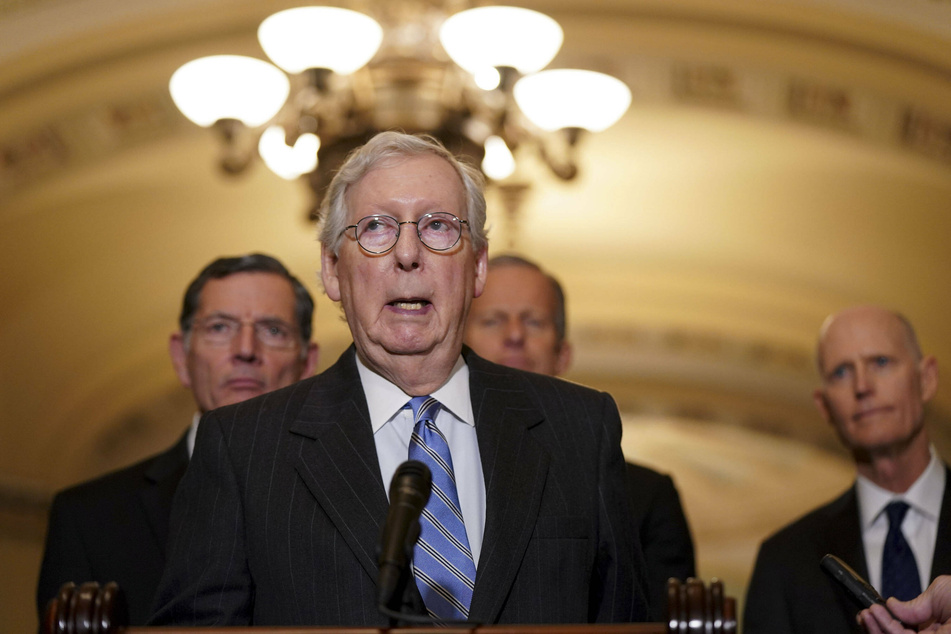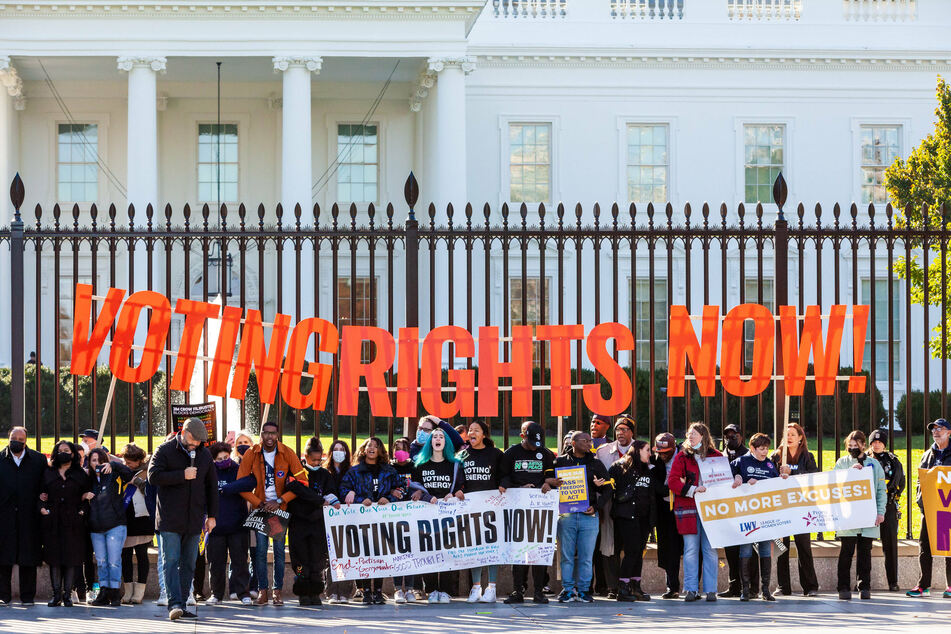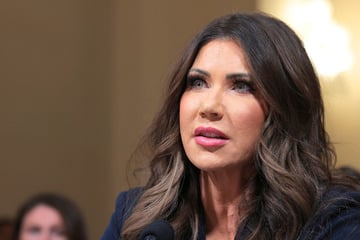Senate Republicans block John Lewis voting rights bill yet again
Washington DC – Congressional Democrats on Wednesday afternoon again failed to expand voting rights when Senate Republicans blocked voting on a bill that would have required states to clear changes in voting procedures with the Justice Department to help ensure equal access to the ballot box.

The John R. Lewis Voting Rights Advancement Act failed to meet the 60-vote threshold needed to overcome a Republican filibuster and bring the bill to the Senate floor, where Vice President Kamala Harris would have cast the deciding vote in the evenly split chamber.
The failed vote was the fourth time Republicans this year have blocked voting rights legislation.
Alaska Senator Lisa Murkowski, who co-sponsored the proposal, was the only Republican to favor voting on the bill.
The bill would require states to get approval from a federal court or the Justice Department before changing practices that might affect voting rights. Lawmakers revised this bill to expand voting access for Indigenous Americans on tribal lands, including in Alaska, Murkowski's home state.
In a statement, Murkowski said she supports this legislation, "because it provides a framework through which legitimate voting rights issues can be tackled."
"Every American deserves equal opportunity to participate in our electoral system and political process, and this bill provides a starting point as we seek broader bipartisan consensus on how best to ensure that," Murkowski said.
Senate Majority Leader Chuck Schumer thanked Murkowski for crossing the aisle, then asked, "Where is the rest of the party of (former President Abraham) Lincoln?"
"This is a low, low point in the history of this body," Schumer said after the vote failed. "Given the chance to debate in what is supposed to be the world's greatest deliberative body, Republicans walked away."
Mitch McConnell rejects the voting rights bill

Senate Minority Leader Mitch McConnell has denounced the Lewis bill as an attempt to micromanage state and local elections.
McConnell said in a statement Wednesday that the nation doesn't need the attorney general "ruling over their states' and their counties' elections any more than they need congressional Democrats doing it themselves."
"The Senate will reject this go-nowhere bill today like we've rejected every other piece of fruit from this same poisonous tree," he said.
After announcing from the dais that the chamber voted 50-49 against ending debate, Harris told reporters that Democrats would keep fighting to pass voting rights legislation but did not specify how.
Congress passed the 1965 Voting Rights Act during the Civil Rights movement. The law expanded access to voting and required localities to get federal approval before making changes ahead of elections if they had a history of making it harder for people of color to vote.
Republicans and Democrats have voted five times to reauthorize the legislation, Schumer said Wednesday.
A 5-4 Supreme Court ruling in 2013 scrapped the pre-clearance requirement.
On behalf of the majority, Chief Justice John G. Roberts Jr. said the 1965 legislation had ensured equal access to the ballot box and that it was no longer fair to subject certain jurisdictions to scrutiny based on a 40-year-old formula, and that Congress needed to update the formula to "speak to current conditions."
"Our country has changed in the last 50 years," Roberts wrote, adding that states can't be subjected to different federal laws.
GOP-led states pass wave of restrictive voting laws

Since then, Democrats have sought to introduce new legislation to reestablish pre-clearance.
Their efforts intensified with then-president Donald Trump's false assertion that there was widespread voter fraud in the 2020 election and that Biden stole the presidency.
The lie lead to a deadly assault on the US Capitol.
Dozens of state legislatures have since passed GOP-backed restrictions that limit voting access on the grounds of "voting integrity," despite the absence of any evidence of widespread voter fraud. Experts say these laws will disproportionately affect people of color.
The Democrat-controlled House of Representatives passed a version of the John Lewis bill earlier this year. The pre-clearance provision would have given the federal government oversight in the enactment of these laws, including a Georgia law passed in March that enables the Republican-controlled state elections board to take over local election offices.
State Republicans have already launched a performance review into an elections board in Fulton County, a Democratic stronghold in the state.
The voting rights bill was named in honor of the late Georgia congressman who was also a 1960s civil rights activist.
Last month, all Republicans, including Murkowski, blocked a broader bill, the Freedom to Vote Act, which would have created a pathway for challenging new voting laws in federal court and require additional disclosures of campaign spending and fundraising.
Senator Joe Manchin, a moderate Democrat from West Virginia, had sought unsuccessfully to include provisions that would ensure GOP support.
Cover photo: Collage: IMAGO / UPI Photo

